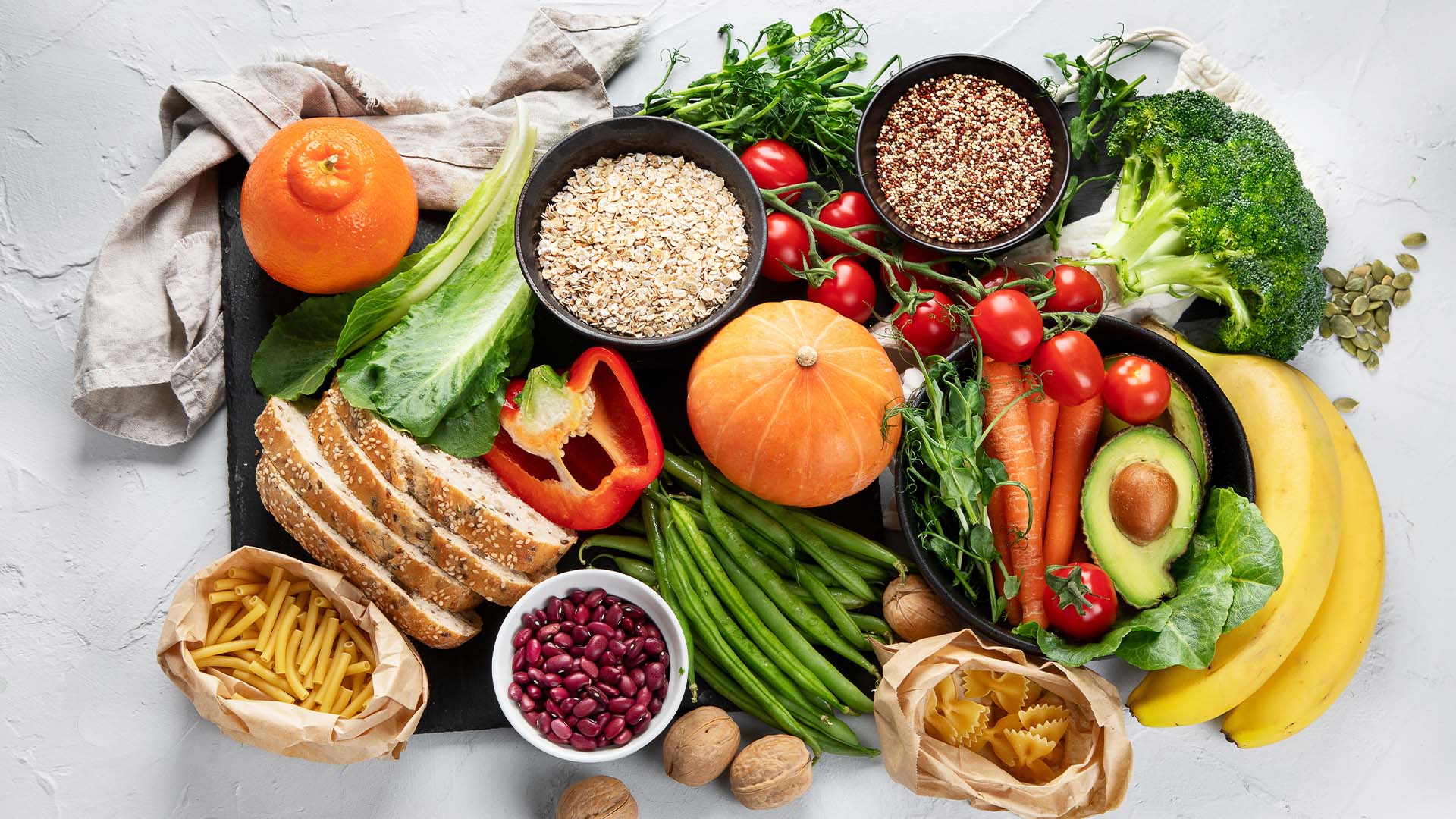
Gallbladder surgery recovery: diet, digestion & body changes
- Health
- April 5, 2025
- No Comment
- 69
Gallbladder removal, medically known as a cholecystectomy, is a frequent operation performed on thousands of Australians each year. Typically, it is caused by persistent gallstones, gallbladder inflammation (cholecystitis), or other biliary problems that affect digestion. Although the operation is usually easy, recovery may result in some unexpected changes in lifestyle.
For many Australians, the most pressing post-operative worry is what they can eat. Will my digestion change? Will I slim down? This book analyzes the diet, digestion, and physical changes that occur after a gallbladderectomy.
What the gallbladder actually does
The gallbladder stores and concentrates bile, which your liver produces. During digestion, this bile helps to break down fats. When your gallbladder is removed, your body continues to produce bile, which runs continuously into your small intestine, even when there is no food to digest.
This change has an impact on how your digestive system handles fatty foods and large portions, particularly in the first few weeks after surgery.
Digestive changes to expect
Short-term changes
- Bloating and flatulence: Bloating and gas are among the most common early warning signals.
- Diarrhoea: Direct bile flow into the intestines may cause watery stools.
- Mild stomach cramps or nausea: Mild stomach pains or nausea are typically transitory and manageable.
- Sensitivity to fatty or fried foods: Without stored bile, fat digestion is less efficient.
Long-term outlook
Most digestive symptoms resolve within four to six weeks of surgery. However, approximately 10 to 15% of people may experience long-term problems known as postcholecystectomy syndrome, which can cause stomach pain or unpredictable bowel movements. Managing this requires regular check-ups with your GP or gastroenterologist.
Post-op diet: what to eat and what to avoid
Your post-surgical diet has a significant impact on how well and quickly your body responds.
Best foods to support recovery
- Lean proteins: Skinless chicken, turkey, tofu, and lentils are all lean proteins.
- Steamed vegetables: Are easy to digest, including carrots, green beans, and pumpkin.
- Low-fat dairy: Options include almond or oat milk, yogurt, and skim milk.
- Grains: Include whole-grain bread, oatmeal, quinoa, and brown rice.
- Fruits high in soluble fibre: Content include apples (without skin), bananas, and papaya.
Foods to avoid (at least initially)
- Greasy or deep-fried food
- Processed meats like salami and sausages
- Cream, cheese, and butter made with full-fat
- Gravies and Creamy Sauces
- Alcohol and carbonated beverages (during the first few weeks).
It is a good idea to keep a meal journal while recovering. This allows you to identify which foods produce symptoms so you can avoid them or gently reintroduce them later.
Will you lose weight after surgery?
After gallbladder surgery, many Australians lose some weight. This could be attributed to a temporary decrease in appetite, a fat-restricted diet, or improved eating habits following surgery. Sometimes, the digestive changes themselves can help one lose a few kg in the short term.
Understanding that weight loss is not guaranteed and that, in some cases, people actually gain weight after surgery—particularly if they return to unhealthy eating habits once they feel better—is critical. Long-term health is dependent on a balanced, portion-controlled diet, which is why.
Other body changes after gallbladder removal
Aside from digestive difficulties and potential weight fluctuations, some people report further clear consequences:
Fatigue
Mild tiredness is common in the first week or two after surgery. Your body is recovering and adjusting to a new digestive pattern.
Sleep changes
Some people struggle to sleep on their side due to abdominal discomfort. Usually, this improves after a few weeks.
Skin and hair changes
Some people may experience hair loss or changes in skin texture as a result of transitory nutrition absorption issues. A well-balanced diet rich in B vitamins and iron can help to offset this.
Emotional wellbeing
It’s normal to feel sad or scared during the healing process. Physical pain and sudden dietary changes may have an effect on mood. Help from family, friends, or even a nutritionist can be very beneficial.
Long-term diet and lifestyle
As you continue through the healing process, you will gradually return to your typical routine—albeit with some considerable alterations.
Maintain these habits:
- Stick to heart-healthy fats like avocados, olive oil, seeds, and almonds (in moderation).
- Avoid crash diets: Fast weight loss can cause more gallstones or digestive difficulties.
- Stay hydrated: Water makes digestion easier and helps with bile flow.
- Move daily: Walk, perform yoga, or participate in light exercise to help with metabolism and digestion.
Final thoughts
Each person’s journey to recovery after gallbladder surgery is unique. Some recover in a week, while others require longer to adapt, particularly in terms of nutrition and digestion. The answer is to stay informed, eat mindfully, and be gentle with yourself.
Most Australians resume their usual, active lives with no noticeable constraints. Listening to your body and eating healthy foods will help you offer yourself the best chance for a smooth and consistent recovery.




